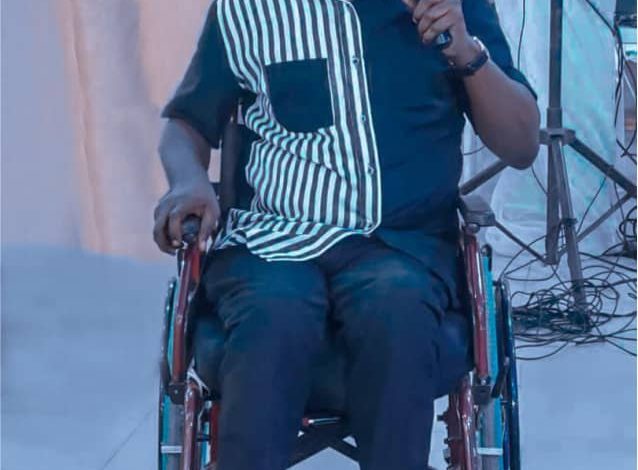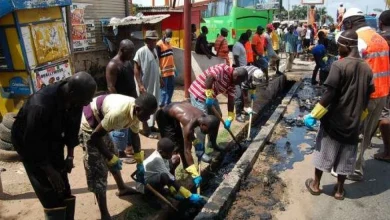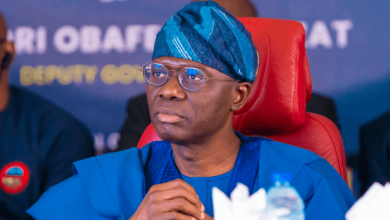
Spinal cord injury is devastating at any age or stage of life; individuals can lose their independence, freedom, and possibly their reason for living in a split second. Many people in Nigeria living with spinal cord injury (SCIs) face the daily difficulties imposed by this injury. Rebuilding confidence after a spinal cord injury is critical because it can affect every aspect of a person’s life. Being a spinal cord injury survivor requires a great deal of courage, support, grace, and financial implication, especially in this part of the world where disability is viewed as a myth or curse.
When it comes to managing spinal cord injuries, Nigeria faces particular difficulties similar to those faced by many other nations in Africa. Onerous financial burdens, societal stigma, and limited access to high-quality healthcare are just a few of the challenges faced by those with SCIs. Their difficulties are made worse by the absence of comprehensive support systems and specialist rehabilitation facilities.
Despite these challenges, there is a growing awareness and concerted effort to address the needs of the spinal cord injured in Nigeria. Non-profit organizations, advocacy groups, and support networks are stepping up to provide assistance, education, and empowerment. These organizations work tirelessly to raise awareness, promote inclusive legislation and policies, and also create a support system for individuals and their families. Rebuilding Hope on Wheels Initiative and Spinal Cord Injury Association of Nigeria is trying their best in this regard.
For patients with spinal cord injuries to receive comprehensive care, the healthcare system must be improved across board. The creation of specialist spinal cord injury centers with cutting-edge infrastructure and qualified staff depends on partnerships between governmental bodies, medical professionals, and international organizations which will form a holistic team in care and management of SCI. For people with SCIs, these improved facilities will offer thorough rehabilitation programs, easily accessible medical care, and continuing support.
Advancements in assistive technology have the potential to significantly enhance the lives of the spinal cord injured. The development and distribution of affordable and accessible assistive devices, such as wheelchairs, communication aids, mobility aids, and daily medical supplies can provide newfound independence and improved quality of life.
Government agencies can endeavor to secure discounted goods and accessories for this population. The wealthy in the society, organized social groups, service associations, and business organizations can all use their corporate social responsibility to help the society’s most vulnerable groups by providing them with the necessities that will make life easier and more fulfilling for them.
It is everyone’s duty to work together to build a society in Nigeria, and in Ogun State specifically, that empowers people with spinal cord injuries to live fulfilling lives. The government must enforce the laws that remove obstacles, so that people who use wheelchairs can engage in social and professional activities like any other citizen, and they must include them in all government programs for social inclusion. We have the power to change the lives of people who have suffered spinal cord injuries, empowering them to overcome obstacles and realize their full potential via improved awareness, access to high-quality healthcare, inclusive policies, and a caring society. Let’s work together to create a future where no one is left behind and guarantee that every Nigerian with a spinal cord injury gets the support they need and deserve.
Ayo Awobona
Chairman
Spinal Cord Injuries Association of Nigeria – Ogun State Chapter
Living with Spinal Cord Injury for 26years





